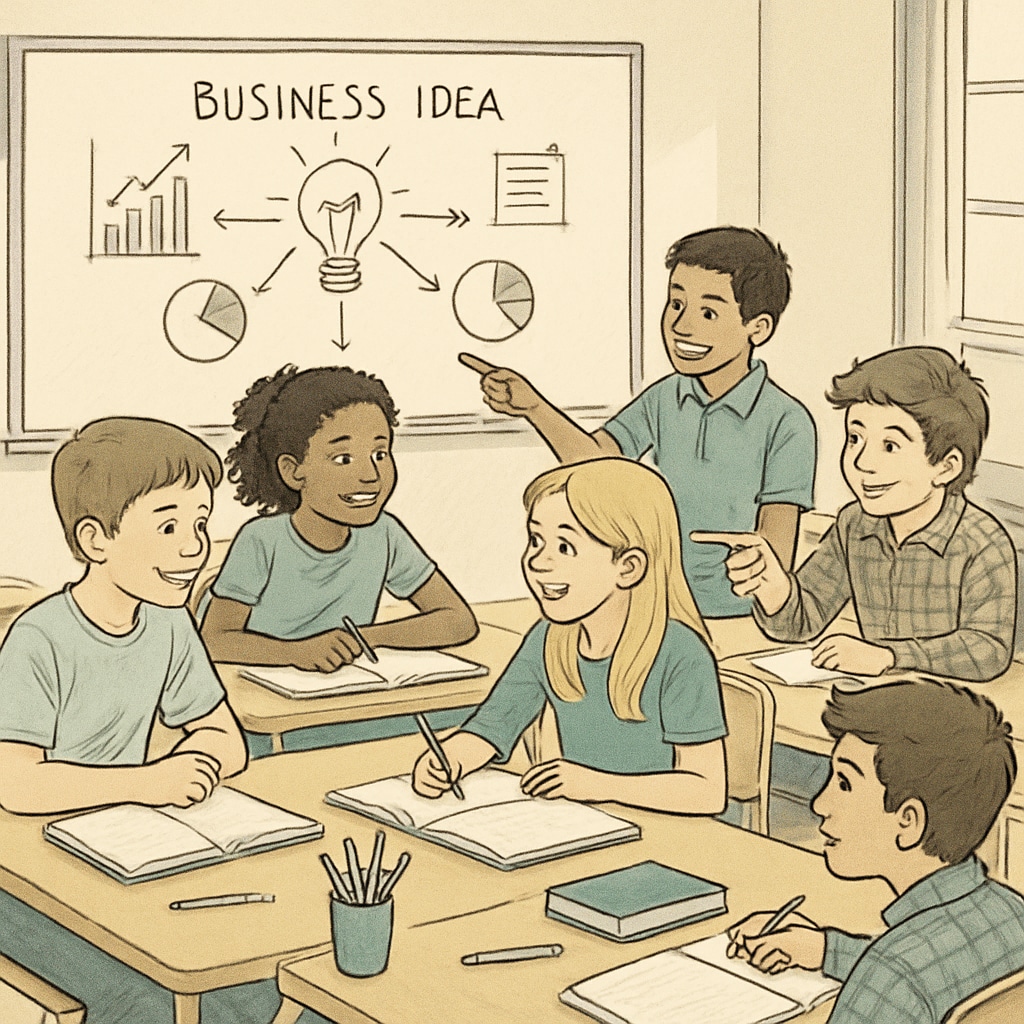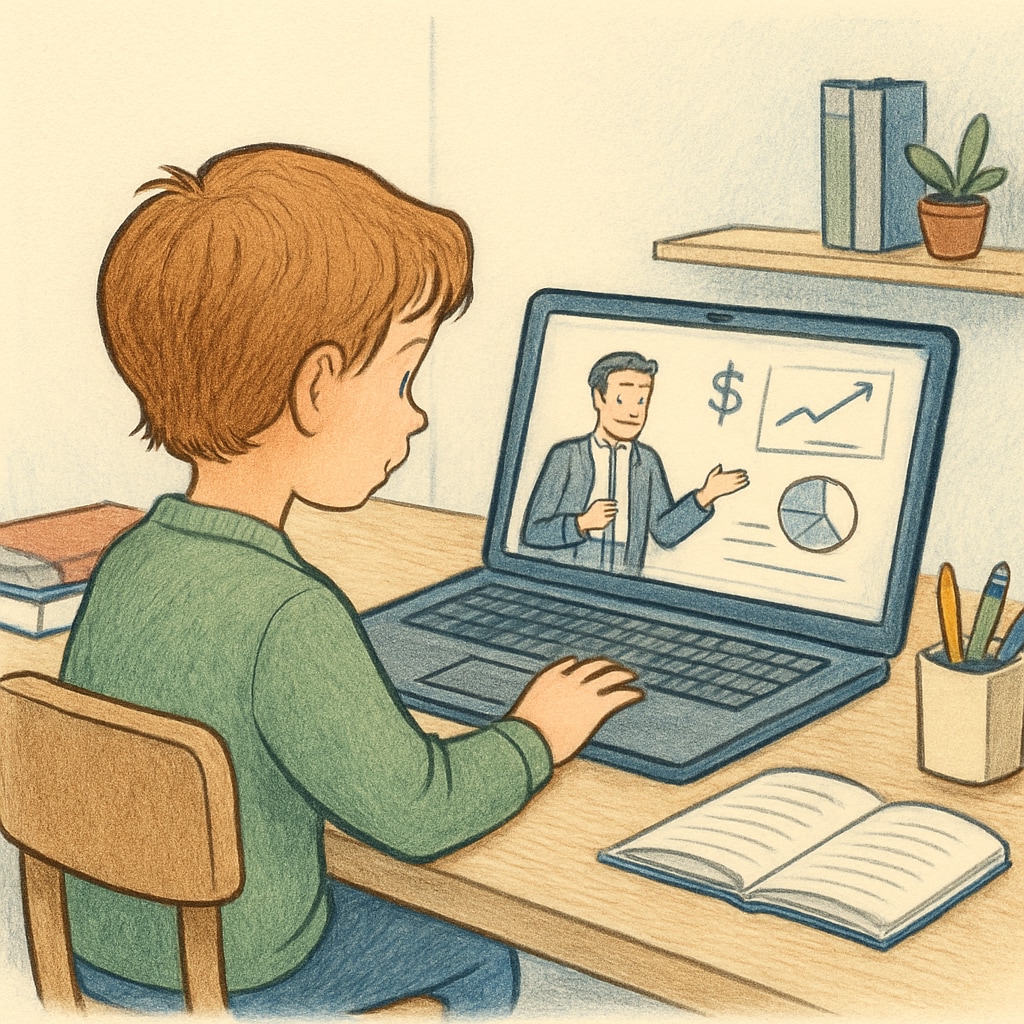Most children aged 8-14 are immersed in traditional academic subjects like math, science, and literature. However, introducing business education during these formative years can be a game-changer. By fostering entrepreneurial thinking early, kids can develop skills such as creativity, problem-solving, and financial literacy, laying a strong foundation for their futures. Free business education programs for youth can unlock untapped potential and inspire the next generation of entrepreneurs.
Why Start Business Education Early?
The ages between 8 and 14 are a critical period for cognitive development, creativity, and adaptability. At this stage, children are highly receptive to new ideas and experiences. Introducing business concepts—such as understanding budgets, marketing basics, and teamwork—helps them connect theoretical learning with practical application. For example, a child who learns how to create a simple business plan also hones organizational and analytical skills, which are transferable across many disciplines.
Moreover, early exposure to entrepreneurial thinking nurtures confidence and problem-solving abilities. For instance, teaching kids how to identify market gaps encourages them to think critically and innovate. This is particularly important in preparing them for a rapidly evolving job market where adaptability and creativity are key.

How Free Virtual Courses Make a Difference
Offering free virtual business education courses can overcome barriers like accessibility and cost. Virtual platforms enable students from diverse backgrounds to participate, regardless of their location or socioeconomic status. These courses often include interactive modules, gamified learning experiences, and opportunities to pitch ideas in simulated environments—all of which keep young learners engaged and motivated.
For example, organizations like Britannica’s Entrepreneurship hub provide resources that simplify complex business topics for youth. Similarly, virtual programs can incorporate real-world case studies, allowing students to learn from successful entrepreneurs’ journeys. As a result, participants not only gain knowledge but also build a mindset geared toward innovation and resilience.

Creating Opportunities for Future Leaders
Early business education has far-reaching benefits. It equips students with skills that are not only relevant for entrepreneurship but also for leadership roles in any field. Learning to manage projects, collaborate effectively, and communicate ideas clearly are essential skills that align with both personal and professional success. In addition, fostering entrepreneurial thinking can encourage youth to tackle societal challenges, such as environmental sustainability or social inequality, with innovative solutions.
As a result, programs that provide free business education for youth serve as a stepping stone toward creating future leaders. This initiative ensures that all children—regardless of their background—have access to valuable resources that prepare them for a fulfilling career path.
Conclusion: The Ripple Effect of Early Business Education
Investing in business education for youth aged 8-14 creates a ripple effect that extends far beyond individual success. By nurturing entrepreneurial thinking early, we pave the way for a generation of innovative problem-solvers, compassionate leaders, and resilient professionals. Free virtual courses play a crucial role in democratizing access to these opportunities, ensuring that every child has the chance to realize their potential.
For parents, educators, and policymakers, the message is clear: prioritize business education as a fundamental part of youth development. After all, the skills learned today can shape the leaders of tomorrow.
Readability guidance: Use concise, well-structured paragraphs to improve readability. Incorporate lists and examples where applicable. Maintain a balance between technical details and accessible language to appeal to a broad audience.


